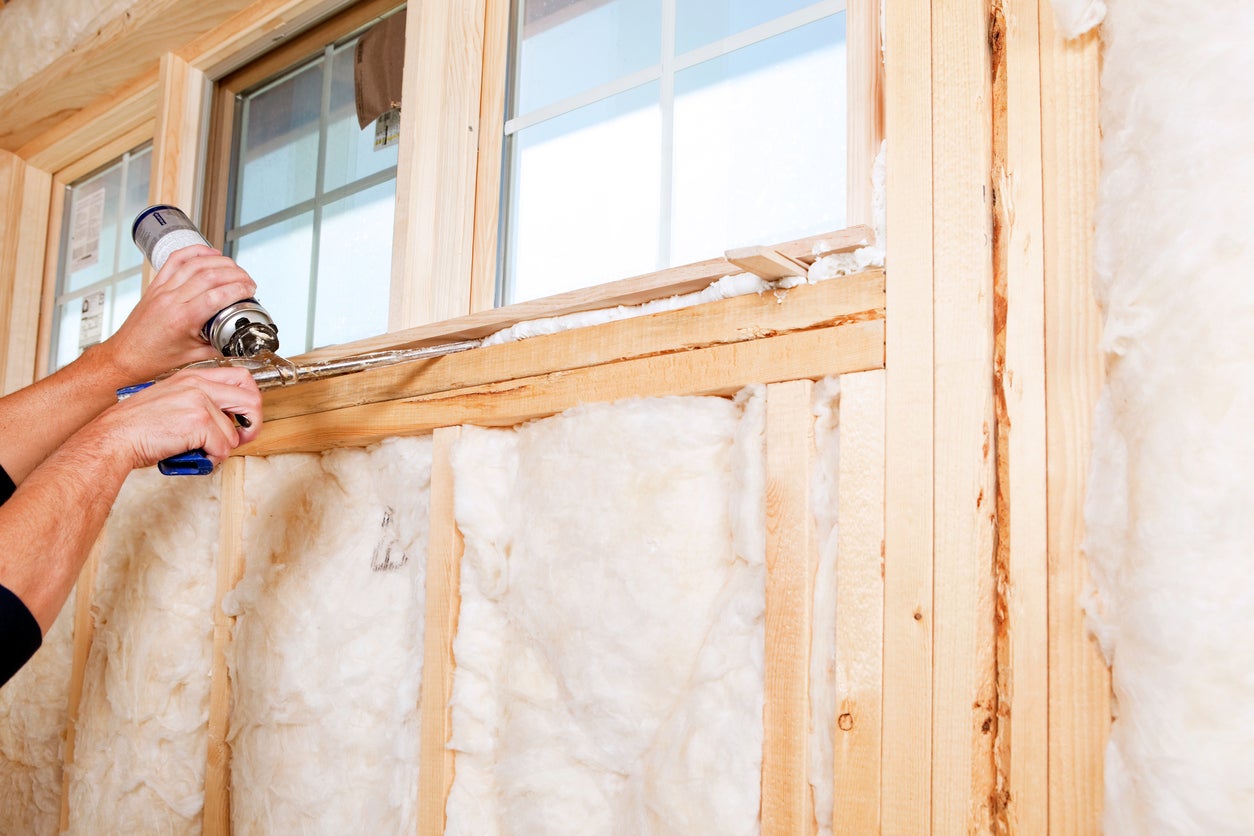Insulation is a critical component in keeping your home or office comfortable and efficient. Insulation plate materials, such as boards, foams, and tapes are vital for maintaining heat and reducing energy loss. Insulating your home or business will not only reduce energy bills but also help conserve natural resources.

In this blog, we will explore the benefits of using insulation plate materials, what they are, and how they work. We will also look at the different types of insulation materials available and what factors you should consider when choosing an insulation solution.
What are Insulation Plate Materials?
Insulation plate materials are materials used to insulate buildings, homes, and other structures. They act as a barrier between the inside and outside of a structure, helping to maintain heat and improve energy efficiency. A well-insulated building will require less energy to heat or cool, which is good for both the wallet and the planet.
Types of Insulation Plate Materials
There are several different types of insulation plate materials available on the market. The most common types are:
- Rigid insulation boards: These are thick, rigid boards that are typically made from foam or polyurethane. They are easy to install and can be used for both internal and external insulation.
- Spray foam insulation: This type of insulation is applied as a liquid and then expands to fill gaps and crevices. It is ideal for filling awkward or hard-to-reach spaces.
- Tape insulation: This is a self-adhesive tape that is used to seal gaps and joints in insulation materials.
Benefits of Insulation Plate Materials
There are many benefits to using insulation plate materials. Insulation can improve energy efficiency, reduce energy bills, and increase the lifespan of your heating and cooling systems.
In addition to these benefits, insulation plate materials can also help to:
- Improve indoor air quality: Good insulation can help prevent outside air pollutants from entering your home or business, improving indoor air quality.
- Prevent mold growth: Insulation can help control moisture levels, reducing the risk of mold growth.
- Reduce noise pollution: Good insulation can help reduce external noise pollution, making your home or office a more peaceful environment.
Choosing the Right Insulation Material
When it comes to choosing the right insulation material, there are several factors to consider, including:
- The R-value: This is a measure of the insulation's ability to resist heat flow. The higher the R-value, the better the insulation.
- The thickness of the insulation: The thicker the insulation, the more effective it will be at reducing heat loss.
- The material: Different insulation materials have different strengths and weaknesses. Some materials may be more suitable for certain applications than others.
Conclusion
Insulation plate materials play a crucial role in maintaining heat and reducing energy loss in buildings, homes, and other structures. They can help to improve energy efficiency, reduce energy bills, and increase the lifespan of your heating and cooling systems.
When choosing an insulation material, it is important to consider factors such as the R-value, thickness, and material type. By doing so, you can ensure that you choose the right insulation solution for your home or business, keeping you comfortable and efficient for years to come.